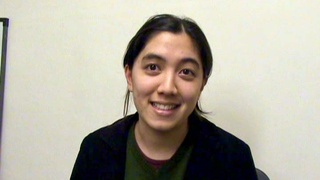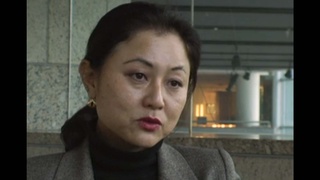Interviews
Wanting to serve authentic nigiri sushi in America (Japanese)
(Japanese) I’d slept on the second floor of a sushi restaurant since I was a child, and I was told to start working from the moment I got up there, they taught me such things, and the things that my master taught me while yelling at me at the same time, those things have become a treasure of mine, so I can’t just replace it with a new one. Even if they say that what I’ve learned is “old,” I have to preserve it and I want to preserve it. I want to preserve and pass on the tradition. I want to keep making the sushi with that belief.
We see a variety of trends now, but these days, well, how should I say this, it’s been divided into two: the authentic nigiri (hand-formed) sushi and the arranged one. They might not even need nigiri - sushi roll shops might be good enough – since Japanese food or sushi has already gained its position in our society, I do my business in the old way as it has been from the old times, in a Japanese town. People often tell me I’m a strange one, running a sushi restaurant without serving this and that, but I explain to them this is our way.
Date: April 16, 2016
Location: California, US
Interviewer: Mistue Watanabe
Contributed by: Watase Media Arts Center, Japanese American National Museum









